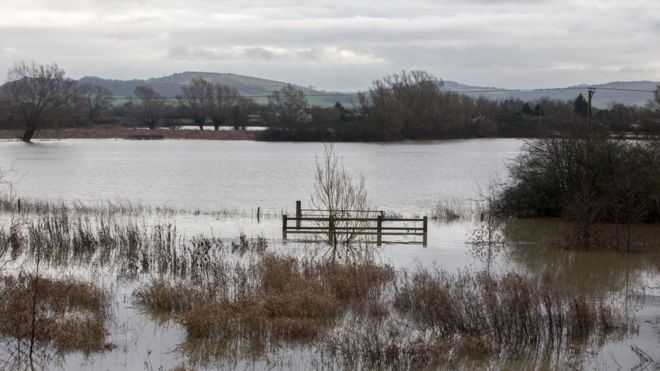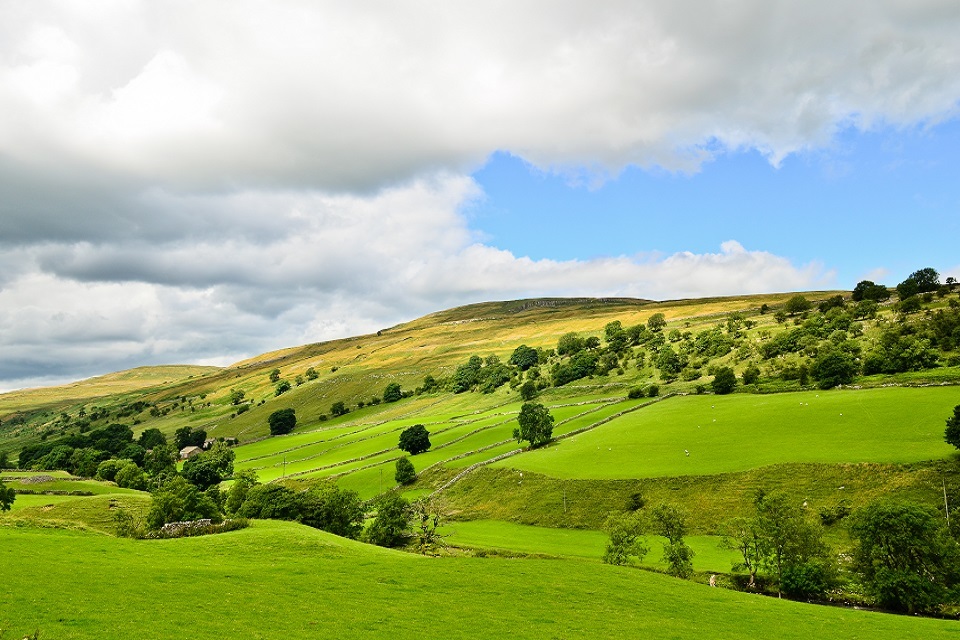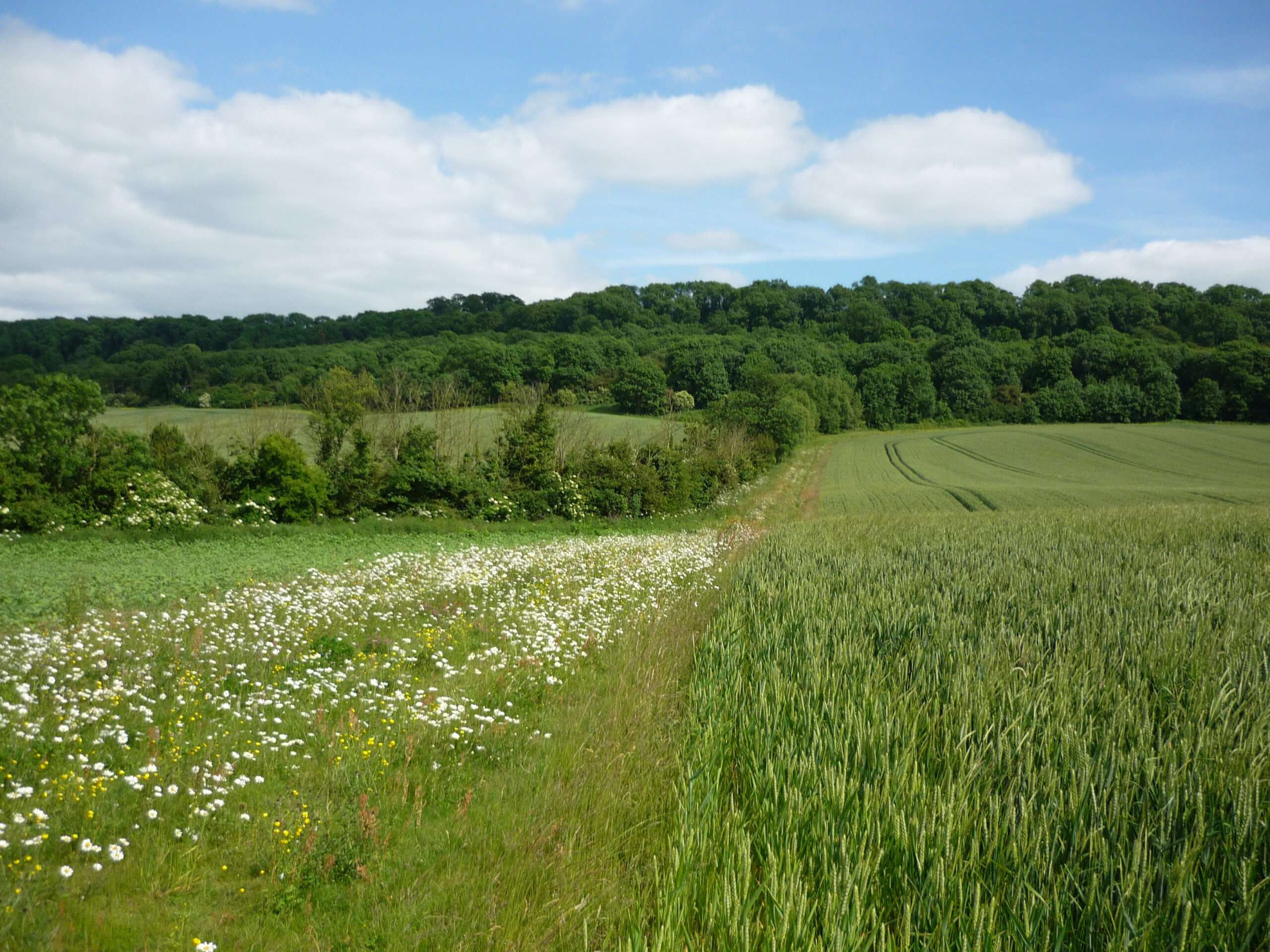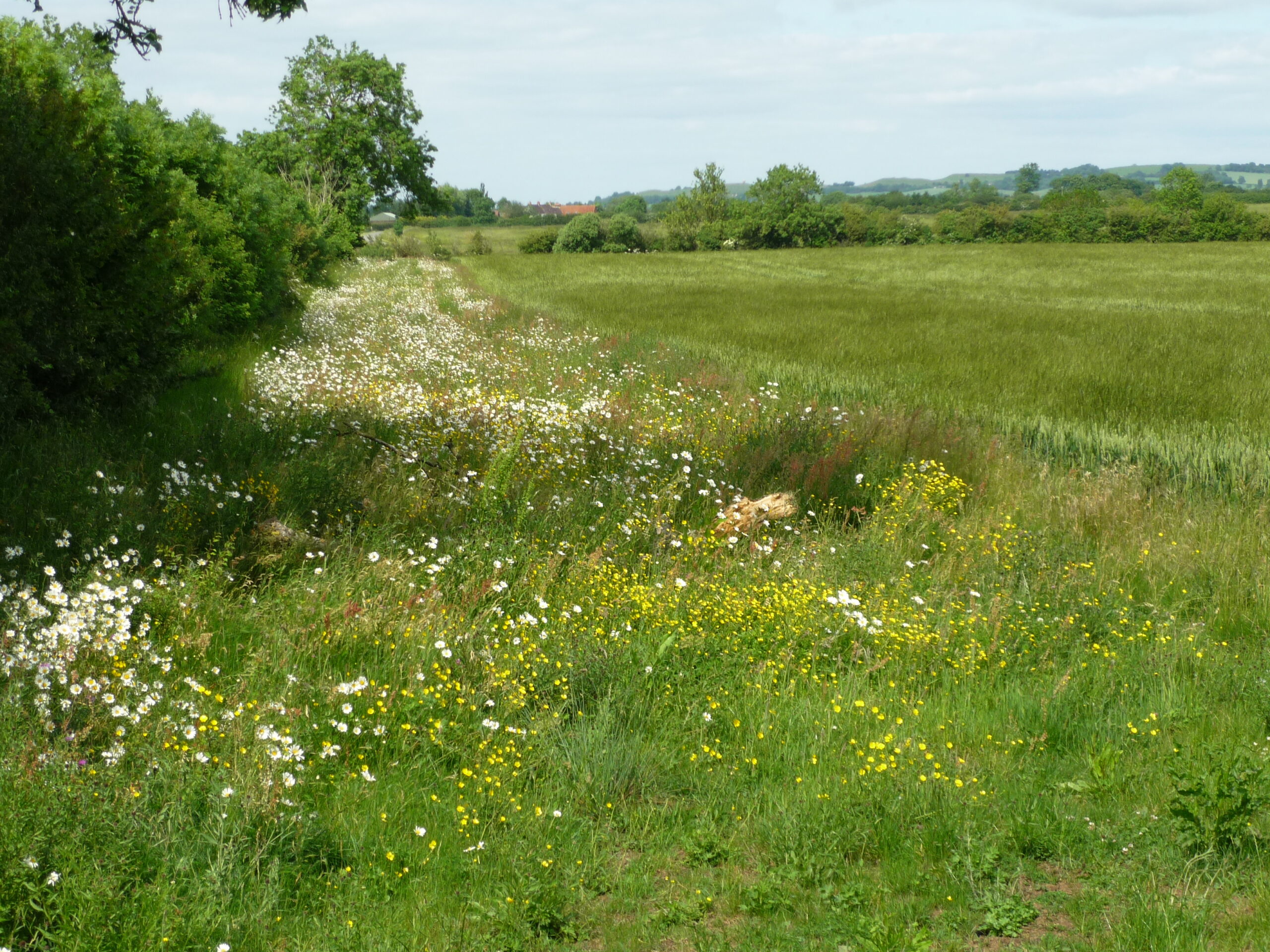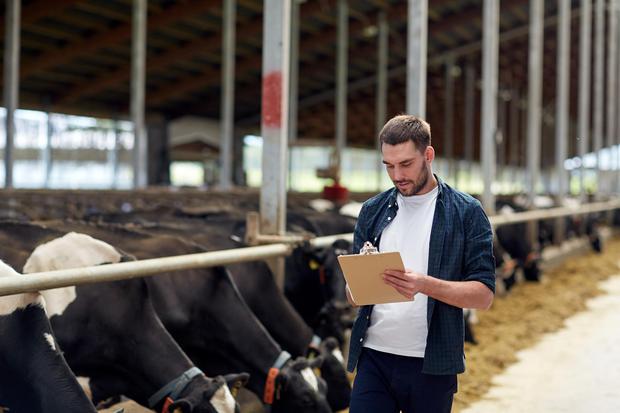Expanded Offer
Defra has released details of the expanded SFI 2024 offer. In total there will be 102 actions available. This will include the 23 existing actions (available now under SFI 2023), over 20 brand new actions and more than 50 actions which were previously available under Countryside Stewardship Mid Tier (CS MT). With reference to the latter, a number of these actions have been simplified and reduced from 5 to 3 years, so that over 90 of the actions are for 3 years. This has the aim of making the scheme more accessible to tenant farmers. Our article of 8th January gave details of some of the new actions, which include support for precision farming, agroforestry, boundaries and an improved offer for upland farmers (see https://abcbooks.co.uk/elm-2024/).
All the actions will be merged into one scheme – called the Sustainable Farming Incentive (SFI) and they will be available via one application. Defra has said ‘bringing the schemes into one place, with one name, means farmers can access the best of both offers, the flexibility of the SFI with the breadth, scale and ambition of CS MT, just with less paperwork’. It is our understanding that going forward there will no longer be a CS Mid Tier; this has now been subsumed into the SFI. We were expecting this to happen over time, but it has occured quicker than we thought. CS Higher Tier will remain available – see below.
Controlled Rollout
The expanded SFI will be offered via a ‘controlled rollout’. Initially, the RPA will invite a mix of farm businesses who have submitted an Expression of Interest (EoI) in the expanded offer. EoIs have now opened and can be made via https://defragroup.eu.qualtrics.com/jfe/form/SV_cSGsCBrA5Kim3H0 Invites from the RPA will start from the end of May. This is to test the system before full rollout. Applications will then open to the wider sector ‘based on eligibility’ (it’s not clear what that actually means) from 22nd July 2024. We do however know, the expanded offer will be available to those who have not previously claimed the BPS for the first time.
The SFI cap, which was put in place in March 2024, will remain with a further four actions from the new expanded offering being added. This means new SFI applications will only be able to put 25% of the total agricultural area of their farm into a combination of one or more of these 10 actions which include:
The original actions:
- IGL1 – Take improved grassland field corners or blocks out of management
- IGL2 – Winter bird food on improved grassland –
- AHL1 – Pollen and nectar flower mix
- AHL2 – Winter bird food on arable and horticultural land
- AHL3 – Grassy field corners and blocks
- IPM2 – Flower-rich grass margins, blocks, or in-field strips.
New actions similar in nature to the 6 above:
- WBD3 – in-field grass strips
- AHW9 – unharvested cereal headland
- AHW1 – bumblebird mix
- AHW11 – cultivated areas for arable plants
Full details on the expanded offer can be found via https://www.gov.uk/government/publications/sustainable-farming-incentive-scheme-expanded-offer-for-2024
Guidance on all the individual actions can be found on the new digital tool known as ‘find funding for land or farms’ https://www.gov.uk/find-funding-for-land-or-farms. This is similar to the Countryside Stewardship Grants finder. Whilst it was very nice to have a SFI ‘Handbook’ with all the actions in when there was only 23, this may not be practical now we have 102 actions. One has not been published as yet.
Defra has also produced guidance leaflets under the following themes:
Countryside Stewardship Higher Tier
More information will be available later in the summer for those interested in the CS Higher Tier, this will include:
- eligibility
- how to apply and request specialist advice
- details on each Higher Tier action
Higher Tier is being kept separate as these agreements are usually more complicated and require specialist advice from Natural England (NE) or the Forestry Commission (FC). Later this summer applicants will be able to start working with NE or the FC to draw up their applications, with eligible farmers being able to submit applications online via Rural Payments during the ‘winter’ with the first agreements commencing in early 2023. After this, applications will be possible all year round with agreements normally starting the month after applications are approved.
SFI 2023
The existing SFI 2023 scheme remains open, but it seems there will be a ‘downtime’. Defra has said ‘you can apply for the SFI 2023 offer until access to the application service is restricted, before the expanded SFI offer is launched in summer 2024’. As all the actions that are in the 2023 offer will be carried forward into the 2024 offer, this will only really affect those that are in the middle of drawing up an agreement, we do however expect to be given warning before this happens, so this is just a ‘head’s-up’.
